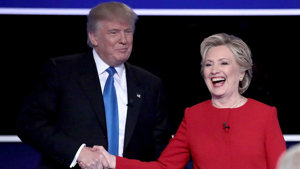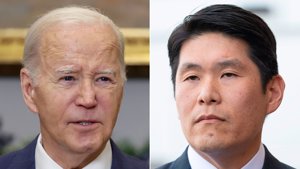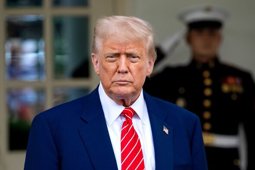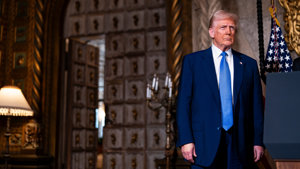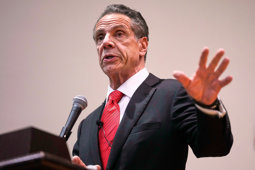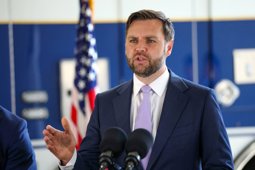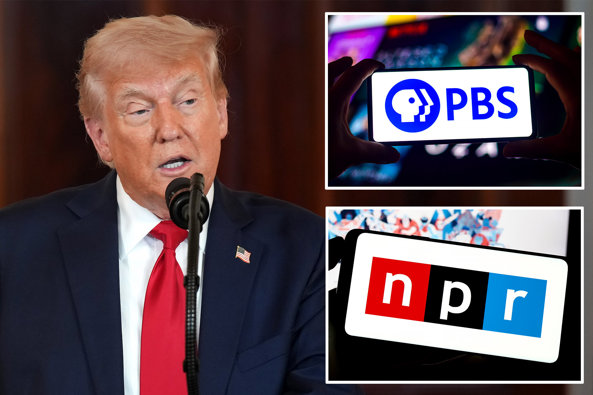
NPR Faces Shakeup as Trump, GOP Target Funding
NPR and PBS brace for sweeping changes as Senate Republicans and Trump target $9B in public media, aid cuts.
NPR Prepares for Uncertainty as Federal Funding Faces Elimination
NPR is facing a critical period of uncertainty as President Donald Trump and Senate Republicans move to eliminate federal funding for the public broadcaster. NPR CEO Katherine Maher warned staff Thursday that if federal funds are withdrawn, the organization will undergo “a tremendous amount of change,” signaling potential structural upheaval for the national outlet and its affiliated stations.
The warning came as the Senate narrowly passed a multibillion-dollar rescissions package—spearheaded by the Trump administration—that aims to claw back $9 billion in previously approved spending. The package targets what Republicans described as “woke” and wasteful expenditures, including funding for foreign aid programs, NPR, and PBS. More than $1 billion will be pulled from the Corporation for Public Broadcasting, the entity that distributes federal funds to both NPR and PBS.
NPR’s media correspondent, David Folkenflik, reported that Maher and NPR’s executive team addressed staff in a closed-door meeting, updating them on the threat to federal funding and warning of likely instability if Congress follows through on the cuts. “We are going to go through a tremendous amount of change,” Maher told staff, emphasizing NPR’s intention to push back against the efforts until the very end. She further challenged critics of the outlet’s editorial independence, saying, “It doesn’t help anyone to take this funding away. As far as the accusations that we’re biased, I would stand up and say, ‘Please show me a story that concerns you,’ because we want to know, and we want to bring that conversation back to our newsroom.”
White House and Senate Republicans Defend Cuts
The White House, defending the rescissions package, rejected arguments that removing public funding for NPR and PBS would harm public safety or undermine the media landscape. White House press secretary Karoline Leavitt characterized NPR and PBS as “partisan, left-wing outlets funded by taxpayers,” asserting, “this administration does not believe it’s a good use of the taxpayers’ time and money.”
Senate Republicans, including Majority Leader John Thune, framed the measure as a necessary step to rein in government spending and curb waste, fraud, and abuse. “It’s a small but important step toward fiscal sanity that we all should be able to agree is long overdue,” Thune stated. The administration’s package also withdraws nearly $8 billion in foreign aid previously approved for the U.S. Agency for International Development, which the Trump administration has criticized as not sufficiently advancing American interests.
The Senate’s vote to approve the package was close—51-48—with two Republican senators joining Democrats in opposition. The decision underscores deep partisan divides over the role and funding of public broadcasting and foreign aid.
Democrats, led by Senate Minority Leader Chuck Schumer, strongly criticized the cuts. Schumer warned that slashing American foreign aid would benefit rivals such as China and Russia, and that allowing the administration to determine funding priorities could put critical programs at risk—including healthcare, education, and food assistance. “They’re letting Donald Trump decide for himself which programs to defund, and that puts everything at risk,” Schumer cautioned.
As the rescissions package moves forward, NPR and PBS face mounting uncertainty about their operational future, with Maher and her executive team preparing staff for major changes ahead. The outcome of the debate over public broadcasting’s role and funding will shape the U.S. media landscape for years to come.

